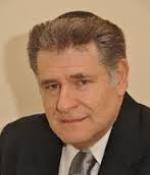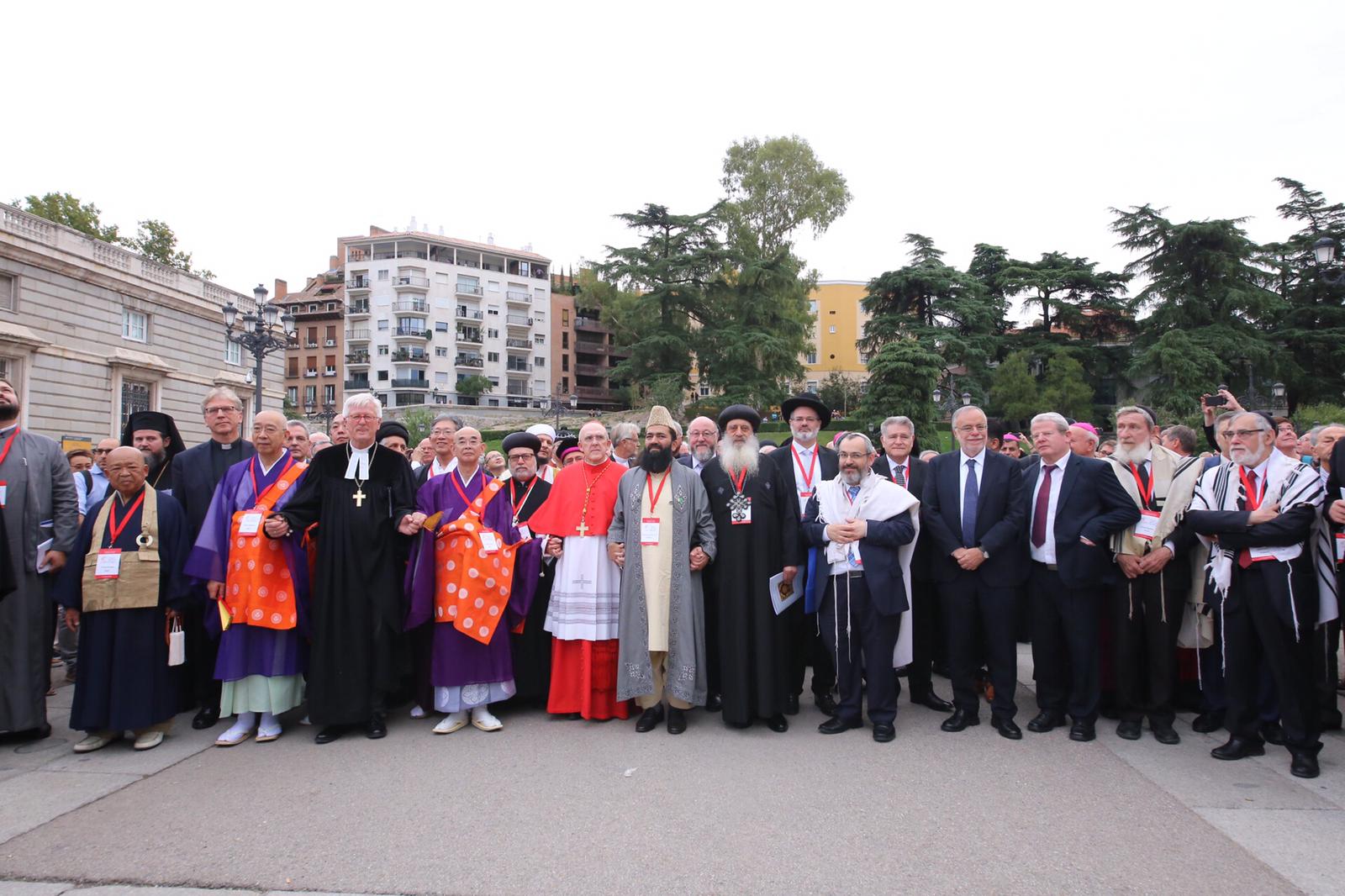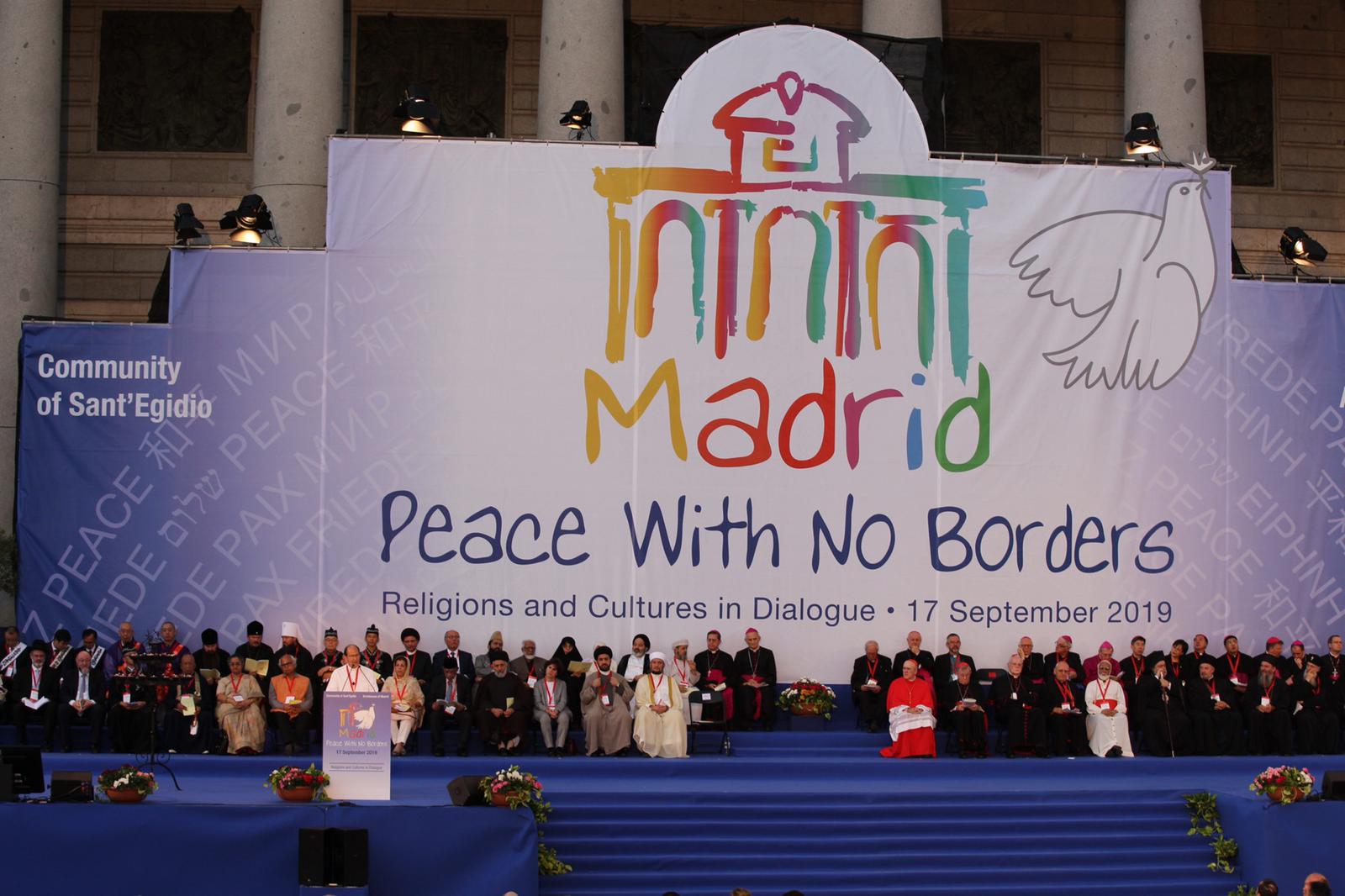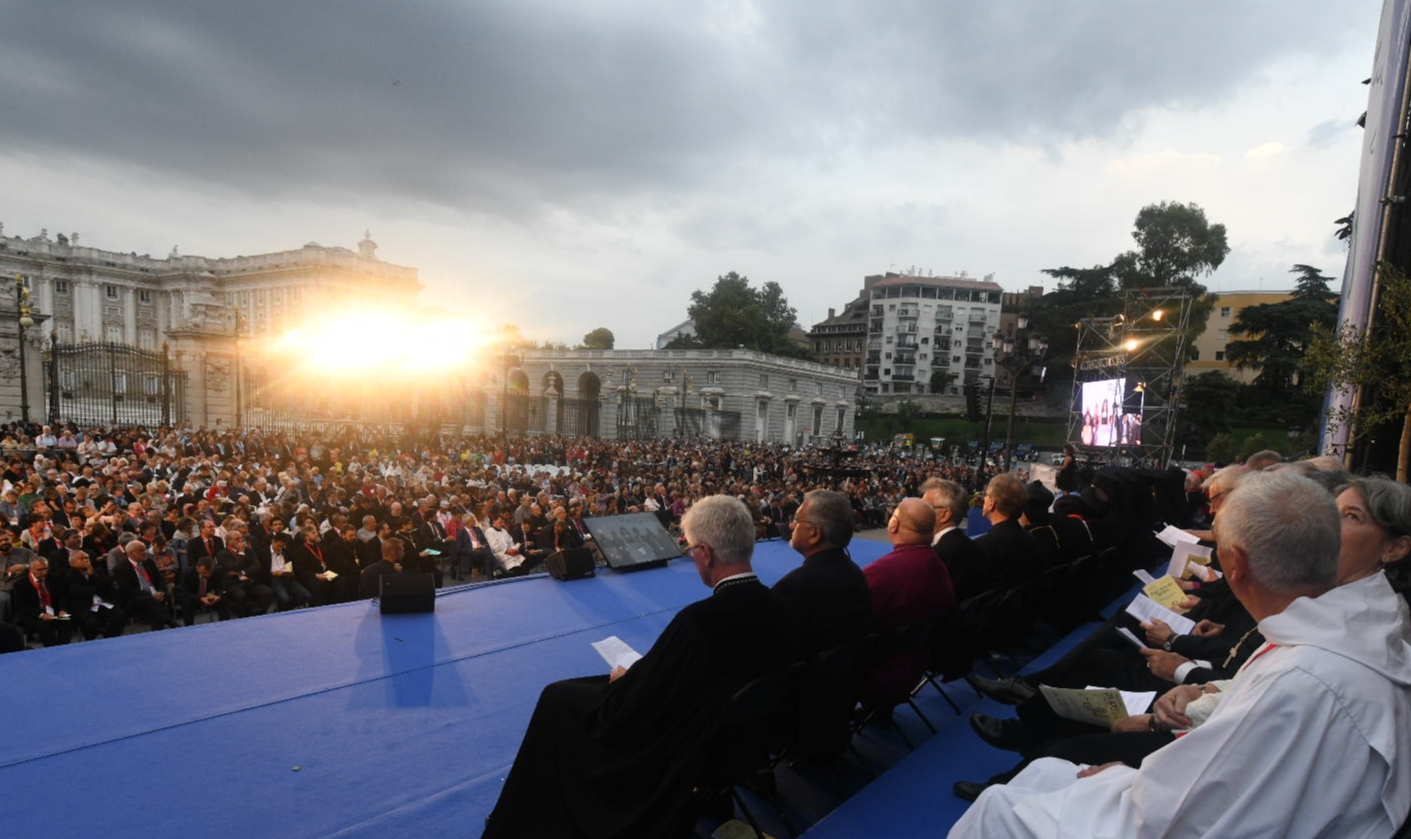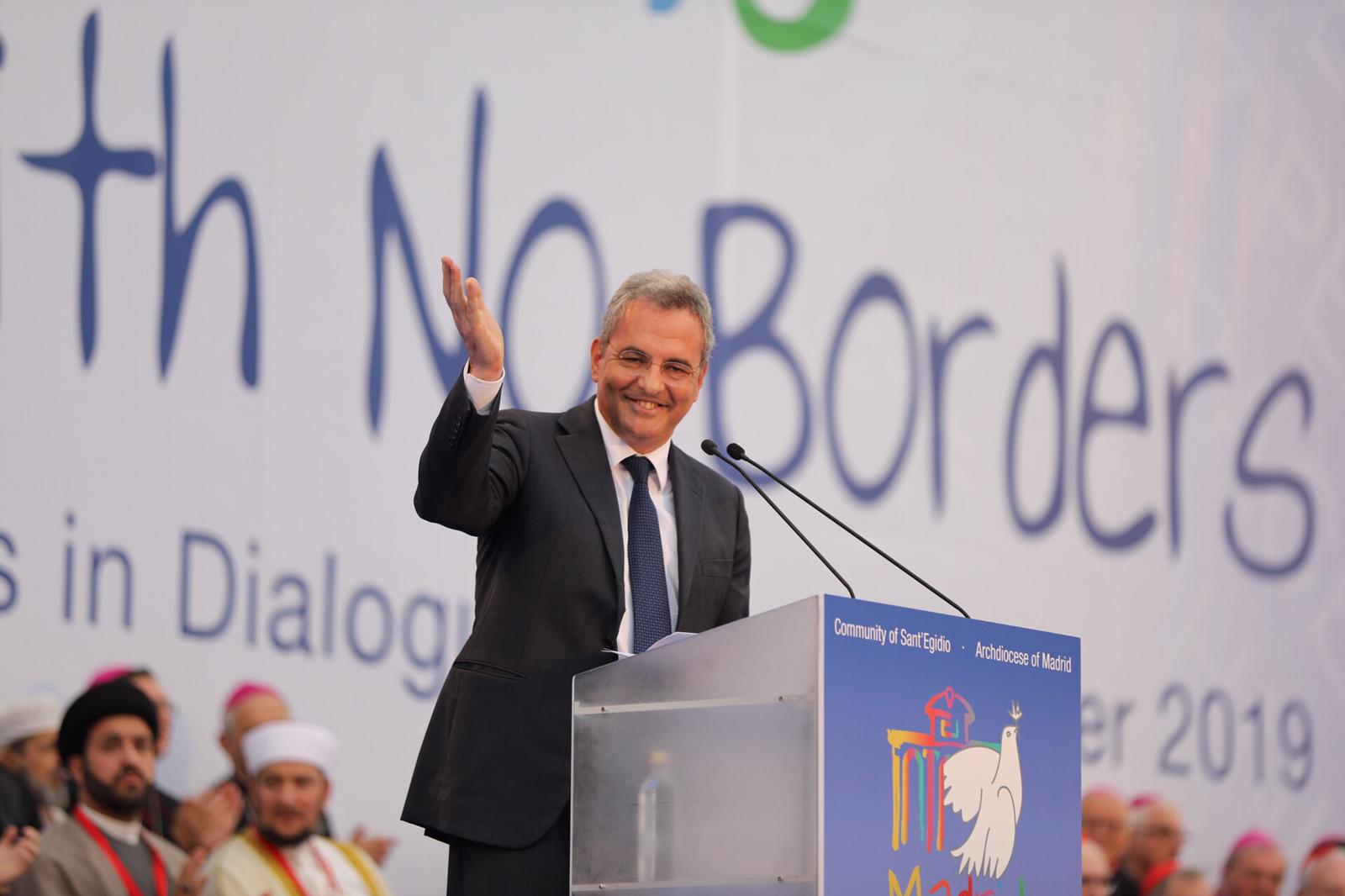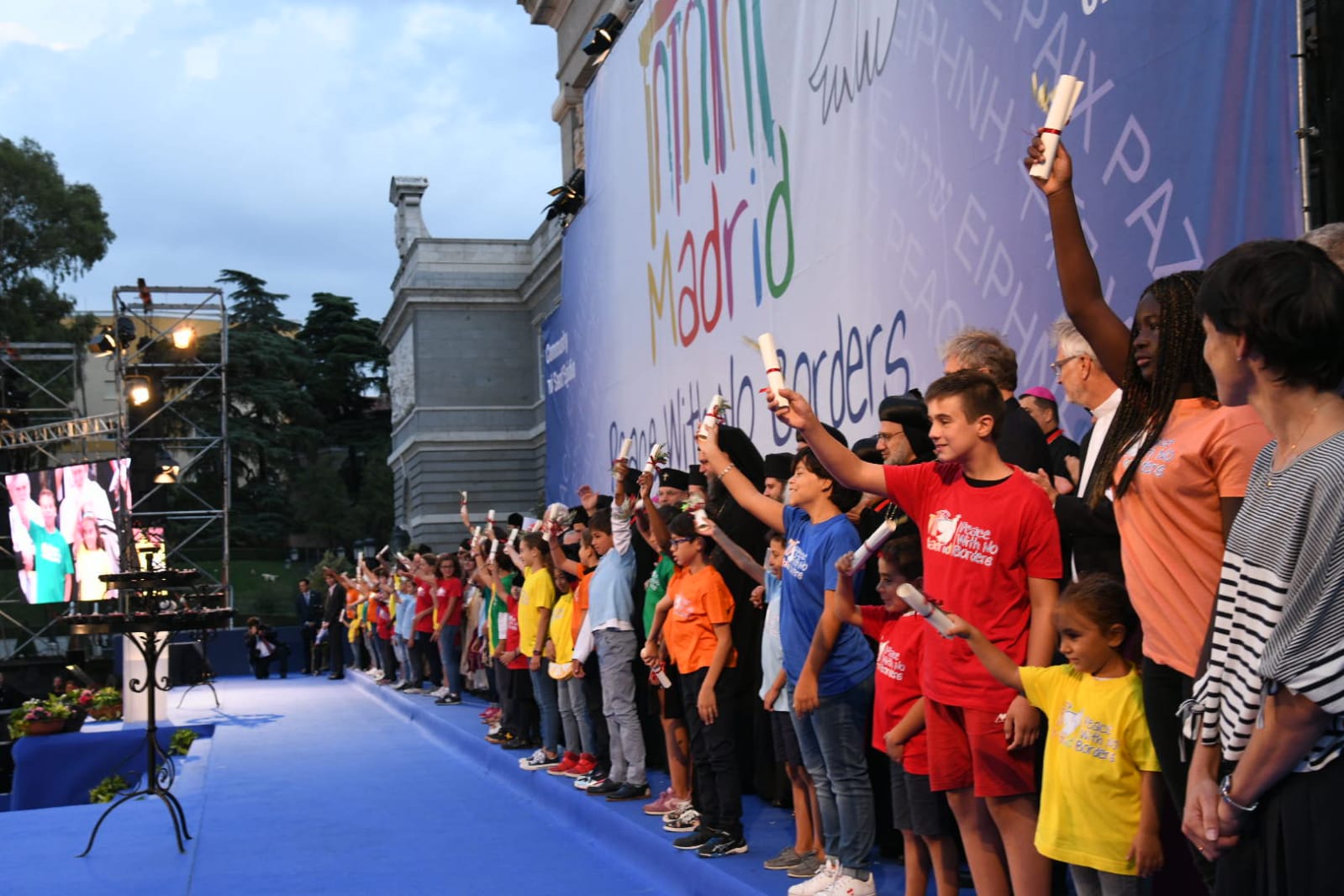The eighteenth century was a great moment in European history and in human history at large. The cultural movement known as the Enlightenment, with an epicenter in France but important in other countries as well, asserted the fundamental values of liberty, equality and fraternity as central for human life. The impact of those ideas can be seen in the eruption of the revolution in France and in the gradual independence of European colonies in the Americas. In addition, important advances in science and technology would bring about the Industrial Revolution with the migration of masses of people from the countryside to the cities. The need for cheap labor in factories created new kinds of inequity. The Latin word proletarii was adapted in European languages to define the class of the exploited workers: the proletariat. Furthermore, the colonizing European countries used their developed military power to conquer the rest of the world. People from Africa were removed from their native places and sold as slaves in the “New World.” The intellectual justification for such actions was the classification of humanity into “races,” some of them asserted to have superior attributes with others judged to be almost bestial.
This supposedly “scientific” categorization of human beings into inherently superior and inferior subgroups has no basis in current genetic research. Ancestral DNA studies have demonstrated that all human beings alive today are descended from groups of ancestors who left Africa 60-90,000 years ago. In other words, the only “race” is the human race. In science we must be very careful distinguishing between a mere hypothesis and a proven theory, and between them and mere quackery. The worst occurs when charlatanism is considered or used as a scientific truth.
Besides providing rationalizations for subjugating other people, racialist ways of thinking about people have paved the way for genocides, and in the case of the Shoah, for the construction of industrialized factories of death, such as Auschwitz, Majdanek, Treblinka, Chełmno, Belzec, Sobibor, Mauthausen, etc.
There are two central messages in the Torah or Pentateuch, the first part and foundation of the Hebrew Bible, that are very relevant for the topic of racism. The first is that everything that exists was made by God and that the formation of the human being in the image of the Creator, both male and female (Genesis 1:26-27) is the high point of Creation. The biblical narrative teaches that there is siblinghood among all human people, all of them fashioned in God’s image and likeness.
The Torah’s second message is that God made a covenant with the Hebrew people, giving them the mission of being witnesses to God before all humanity. As Isaiah said: You are my witnesses (Is. 43:10; 12; 44:8). But the crucial point is that this people had to undergo slavery and redemption in the process of its becoming a people. The commandment to remember the condition of slavery that they suffered as a people is reiterated several times in the Bible (e.g., Deuteronomy 5:14; 15:15; 16:12; 24:18; 22; etc.). Slavery and redemption must be, according to the Bible, the pattern of Hebrew identity if these people are to fulfill their mission as witnesses in the midst of the human family.
Slavery is the immediate and direct consequence of power-based discrimination. Others who are differentiated for some reason by those who consider themselves to be superior are subjugated or enslaved through diverse means. This scheme has existed in human societies since the beginning of history. A study of biblical jurisprudence shows that the fight against established institutional slavery was an essential theme for the Benei Israel, and later Jews, who over the centuries succeeded in eradicating slavery among the people of Israel�.
Among the biblical “writing prophets,” those who prophesied from the eighth-century B.C.E. generation of Hosea, Amos, Isaiah and Micah onwards, it is possible to find many passages depicting the wrath of God against the exploitation of the weak members of society by those who had social power. Similarly, these prophets admonished people at large who attacked or conquered others in order to enslave them (e.g., Amos 1: 2-15; 2: 1-6).
Discrimination based on power relationships is a widespread but abhorrent human attitude. The Torah forbids the inconsistent application of the law according to a person’s social status and establishes that the same law must be applied in the same way for all the members of the people of Israel – and those living with them as well (Exodus 24:22; Numbers 15:16).
The people of Israel have, according to the Bible, a special relationship with God, one that is characterized by a covenant that demands a great commitment from them rather than giving them any special attributes. Amos (3:2 and 9:7) insisted that just as God rescued Israel from Egypt, so, too, with other peoples. We, therefore, can talk about a particularity in the relationship of the people of Israel in its relationship with God that involves obligations and not special privileges. Each people and each individual has a special and unique relation with God. It is not superiority or inferiority, but each person’s and each people’s specific particularity that makes them unique and can open them to a transformative relationship with God.
In the Talmudic literature we find the very famous teaching that all human beings are fraternally related but, at the same time, they are different one from the other. As we read in Mishnah Sanhedrin 4:5:
Therefore but a single person was created in the world, to teach that if any man has caused a single life to perish from Israel, he is deemed by Scripture as if he had caused a whole world to perish; and anyone who saves a single soul from Israel, he is deemed by Scripture as if he had saved a whole world. Again [but a single person was created] for the sake of peace among humankind, that one should not say to another, “My father was greater than your father”. Again, [but a single person was created] against the heretics so they should not say, “There are many ruling powers in heaven”. Again [but a single person was created] to proclaim the greatness of the Holy Blessed One; for humans stamp many coins with one seal and they are all like one another; but the King of kings, the Holy Blessed One, has stamped every human with the seal of the first man, yet not one of them are like another. Therefore everyone must say, “For my sake was the world created.”
Rabbi Meir taught that the dust with which God created the first human being was collected from the whole world (Sanhedrin 38,b). His point is not only that each human person has universal worth, but also that no individual can claim that where they were born belongs exclusively to them.
Racism, the categorization of human beings according to allegedly superior and inferior traits, became widespread in the Europe of the last decades of the nineteenth century and served as a cornerstone in the building of Nazism. I would like to recall a sad and ironic story about racism and Antisemitism that took place in those days from which we can draw conclusions for today.
When the menacing clouds of racist Antisemitism began darkening the European skies, some Catholic clergy (inspired by a Jewish converted woman, Sophie Franziska van Leer) founded in 1926 the Opus sacerdotale Amici Israel (The Priestly Association of Friends of Israel). One of the aims of the organization, that eventually included 19 cardinals and over 300 bishops and archbishops and approximately 3000 priests, was to change Catholic attitudes towards the Jews. One of their primary objectives was to introduce some changes in the Good Friday liturgy in which the Jews were named “perfidious Jews.” They presented the issue to Pope Pius XI in early 1928 and received the Holy Father´s answer the following March. He refused to make any changes to the liturgy, but instead declared that: “Ruled by the same charity, the Apostolic See has protected this people against unjust vexations, and just as it reproves all hatred between peoples, so it condemns hatred against the people formerly chosen by God, the hatred that today customarily goes by the name of anti-Semitism.”� Shortly thereafter, he ordered that the Amici Israel be dissolved.
In response to Jewish criticisms of these decisions,� Enrico Rosa, the publisher of La Civilità Cattolica, claimed that there was a difference between racial antisemitism and anti-Judaism. The first, he said, was rejected by the Church, the second was accepted. Fellow Jesuit Gustav Gundlach argued similarly in an article he wrote on Anti-Semitismus for the Lexikon für Theologie und Kirche.
The German Gustav Gundlach was also one of three Jesuits, with the Frenchman Gustave Desbuquois and the American John La Farge, whom Pius XI appointed in 1938 to compose a proposed papal encyclical letter to condemn Nazi racism. Their draft was submitted to the pope whose death shortly after resulted in the project being abandoned by his successor, Pope Pius XII. Significantly, the effort to reject racist antisemitism but to affirm religious anti-Judaism appeared in that never-promulgated draft, which stated that it was not race but a reason that was “directly religious in character” that was the “authentic basis for the social separation of the Jews from the rest of humanity.”� “This unhappy people … whose misguided leaders had called down upon their own heads a Divine malediction, … has incurred the wrath of God.”� Had this encyclical ever been issued in that form it would surely have legitimated the anti-Jewish laws passed by the Nazis in the 1930s.� The animosity against Jesus´ alleged killers separated Christians from Jews and easily crossed over into racist attitudes.
These incidents took place in the days when it would still have been possible to do something to save European Jews from the fate the Nazis had begun to prepare for them. But a great part of humanity was indifferent and insensitive to their plight. I am reflecting on this story in these days of resurgent racism throughout the world because we can hear in them a message of warning and urgency about what needs to be done in our own time.
The end of the Second World War and the defeat of the Nazis did not mean the end of ethnic or racial discrimination. The multiple migratory waves of refugees in recent years has reawakened discriminatory sentiments and prompted all kind of manifestations of hatred that have dangerously multiplied today.
Corrupted regimes lead their people into desperate situations of poverty and starvation, others embark on devastating wars that force millions of people to escape from their homelands. Migrants suffer the major trauma of dislocation and the loss of their identity and culture. They are uprooted from their homes and own languages and have to struggle in new realities that are totally alien to them. They understandably cling together in specific regions or neighborhoods to feel the companionship and warmth of their own people, sometimes becoming an identifiably “other” population that is marginalized and looked down upon by the majority society. Their jobs are often the undesirable ones that no one else wants to do, with the result that they are easily victimized by being paid illegally low wages.
The annihilation of those who are “different” was the most horrific manifestation of racism in the past. The present is characterized by multiple regimes in which corruption polarizes society between the very wealthy and the extremely destitute. In them the weak are plunged into a life of misery, segregated and exploited.
The lessons that humanity should have absorbed after the enormous disaster that was the Second World War are still to be learned. Seven decades after that war’s conclusion, Antisemitism remains potent in many parts of the world with increasing outbreaks of violence and even death. Islamophobia and anti-African discrimination are embedded in many places. The Internet gives free rein to hatred, eroding the foundations that sustain human dignity. It would seem that racism, xenophobia and all forms of hatred towards the other never cease to be present in the heart of humanity.
Human history can be understood as the tension between the wisdom to promote the dignity of every individual and destructive forces that regularly degrade the other. The main difference for us who are alive today is the power of the weapons and systems that can be used to kill and oppress people. Therefore, we must intensify our efforts to promote human equality and dignity.
Humanity needs individuals and institutions of great spiritual courage to overcome the debasing impulses and influences. Recent history teaches us that inflection points are possible. The document Nostra Aetate marked a pivotal fulcrum in Jewish-Catholic relations. The recognition by Germany of the crimes committed against the Jewish people during the Shoah and its decision to undertake reparations made possible a real degree of reconciliation between Jews and Germans. Egyptian President Anwar Al Sadat's journey to Israel marked a new stage of peace and diplomatic relations between the two countries. The multiple and well-known actions of the Saint'Egidio community, gathered at this very meeting, are examples of the remedies necessary to overcome the poison of hatred and racism that can fester in the human heart, causing horror and destruction.
Today, hateful speech again raises its terrible voice in many places on our planet. It is our hope that the voices of those who believe in the values of sanity, love, understanding and peace will surpass hateful voices. Indeed, people of faith know that one day goodness will prevail, marking a turning point forever and ever.
